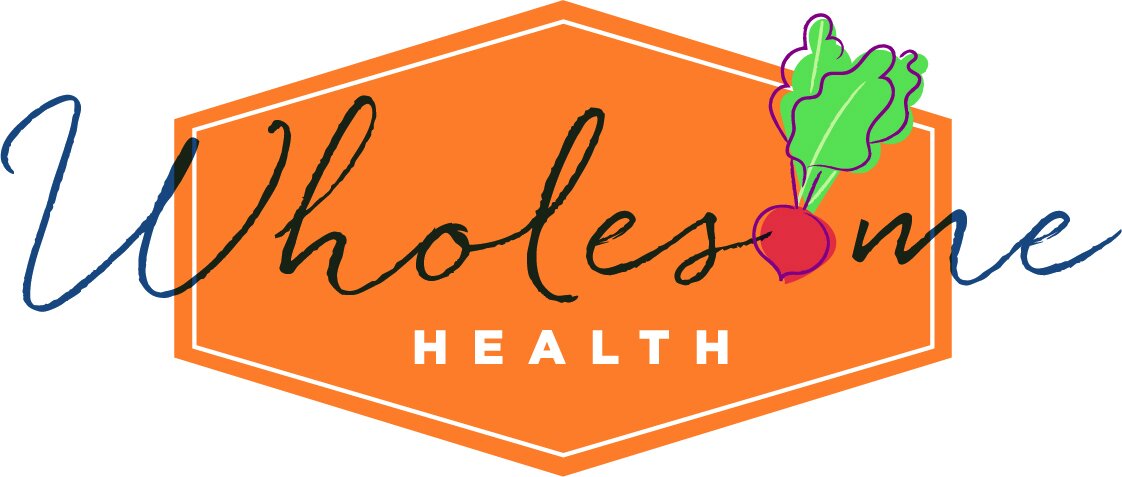Healthy Fats That Are Good for Your Heart!
Last but not least in this month’s posts on heart health, this week’s post is all about heart-healthy unsaturated fats! If you haven’t already read my previous posts about trans fats and saturated fats, check them out first. Fats are filling and delicious, so they shouldn’t be avoided! Today, I’ll share common food sources of unsaturated fats and the latest recommendations for how much and what types you should eat for heart health.
Avocado, hemp hearts, and sesame seeds are all great sources of healthy unsaturated fats.
What is unsaturated fat?
Chemically, unsaturated fats are loosely packed molecules, so they are liquid at room temperature rather than solid like saturated fats. There are two types of unsaturated fat: monounsaturated fat and polyunsaturated fat.
Monounsaturated fat (MUFA)
MUFAs can help decrease “less healthy” LDL cholesterol and increase “healthy” HDL cholesterol. If MUFAs replace saturated fat or carbohydrates in the diet, they may also improve insulin sensitivity in people that are insulin resistant. Additionally, they may help reduce abdominal fat.
MUFAs are found in:
Avocado and avocado oil
Olives and olive oil
Peanuts, peanut butter, and peanut oil
Polyunsaturated fat (PUFA)
PUFAs can help decrease LDL cholesterol. There are two types of PUFAs:
Omega-3 fatty acids:
In addition to lowering LDL cholesterol, omega-3’s can also help improve triglyceride and HDL cholesterol levels. Omega-3’s are found in fatty fish, such as tuna, trout, herring, salmon, mackerel, and sardines.
Additionally, they are found in plant-based foods, such as:
Ground flax and flaxseed oil
Seeds - chia, hemp, and sunflower
Soybeans
Walnuts
Omega-6 fatty acids:
Omega-6’s do not appear to have the same positive effect on triglyceride and HDL cholesterol levels as omega-3’s do. Sources include:
Vegetable oils - soybean, cottonseed, corn, safflower, sunflower
Nuts and seeds
Salmon is one of the best sources of omega-3 fatty acids.
Why do we need to eat fat?
As you can see, fat plays an important role in heart health. Here are some other reasons we need to eat fat:
Provides a back-up source of energy
Helps with absorption of certain vitamins and minerals
Protects organs
Keeps skin, hair, and nails healthy
Fat is also very satiating, so it helps us eat less of other foods, though it does contain a lot of calories so keeping portion sizes small is key.
Recommendations
The 2020-2025 Dietary Guidelines for Americans do not specify an amount of MUFA or PUFA that should be included in a healthy diet, but it is suggested to eat fatty fish high in omega-3's at least two times per week. They also suggest that following a Mediterranean-style diet, which is high in heart-healthy fats such as olive oil and nuts, has been shown to reduce the risk for heart disease.
Most of the unsaturated fat in traditional American diets comes from omega-6 fatty acids. Some research suggests that heart disease, obesity, diabetes, and other inflammatory conditions could be partially caused by the imbalance of omega-3 and omega-6 fatty acids in traditional American diets. More research is needed, but this is something to keep in mind since so many of the packaged snack foods and restaurant foods Americans eat contain omega-6 oils.
Rather than focusing on the amount of fat in your diet, it’s best to pay more attention to the type of fat you are eating. Avoiding trans fat, limiting saturated and omega-6 fats, and eating mostly omega-3 and monounsaturated fats is likely best for overall health.
A drizzle of olive oil is an excellent way to add MUFAs to your diet.
I hope this post has helped reduce some of the confusion around healthy fats. If you’re looking for more information about fats in general, check out these resources:
Heart-Healthy Fats - It’s the Type - Not the Amount - That Matters - Today’s Dietitian
Balancing Act - Today’s Dietitian
Omega-3 Fatty Acids - National Institutes of Health Office of Dietary Supplements



